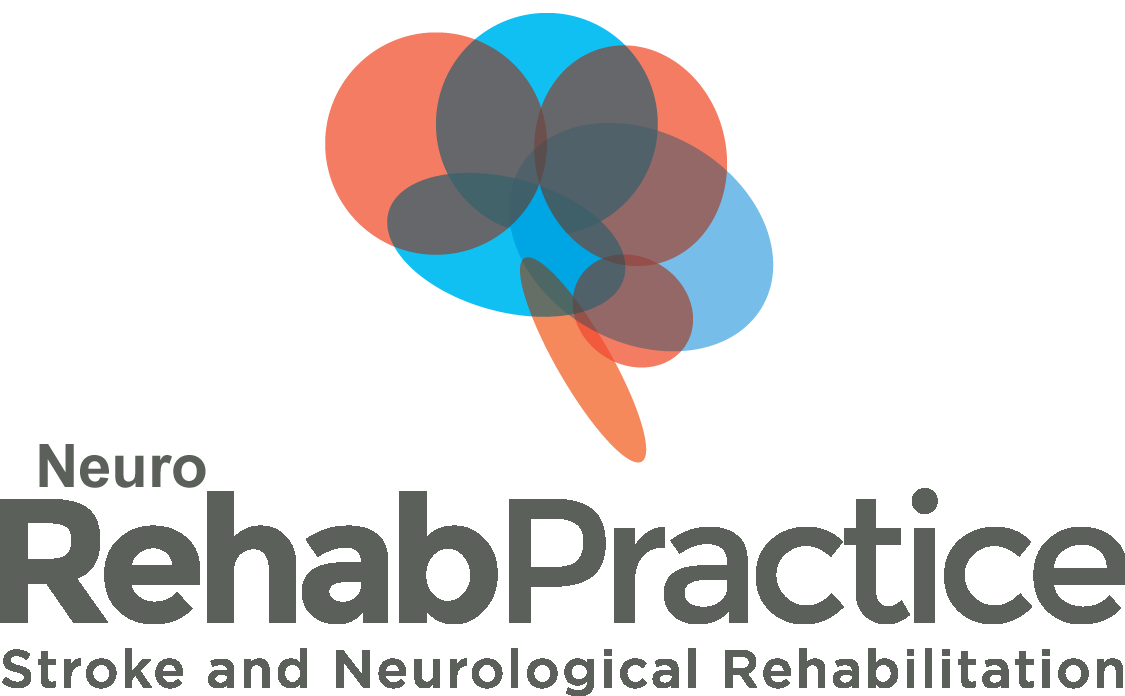The Rehab Practice Ltd Trading As:

Specialist Clinicians Working in Neurological Rehabilitation
As a team we have extensive experience with treating many neurological conditions. This includes clinicians who have presented at conferences, national and international forums and education courses.
A stroke can affect people in a variety of different ways. Typically a stroke affects one side of a person's body, dependant on the extent and area of the central nervous system that is damaged. People may have difficulties with ...
A Traumatic Brain Injury (TBI) is an injury to the brain caused by traumatic blow or jolt to the head. Common causes include road traffic accidents, falls, assaults and sport injuries. Injuries can range from mild concussions to severe brain injuries.
MS is a neurological condition that affects your central nervous system. The immune system does not function properly and attacks the protective layer of your nerve fibres. Due to the inflammation and scarring this causes, it’s difficult for your brain and spinal cord to send messages to the rest of the body.
Parkinson's Disease (PD) can affect people in a variety of different ways.PD can affect a single limb, the whole body or one specific part of your body. It often presents symptoms which may include difficulties with stiffness, slowness of movement, a tremor in one or both hands.
Your spinal cord is essential for relaying messages to and from your brain to the various parts of your body. If the spinal cord is damaged in some way (i.e. from trauma, stroke or tumour) the messages can be completely or partially disrupted affecting your body function below the level of injury.
Guillian-Barre Syndrome is a rare condition where a person’s immune system attacks part of their peripheral nervous system, resulting in generalised muscle weakness. There are several sub-categories of GBS ...
A disorder of consciousness is a condition when consciousness has been affected by damage to the brain. Consciousness requires wakefulness, the ability to open your eyes and have basic reflexes, and awareness, the involvement of more complex thought processes.
Progressive Supranuclear palsy is a neurological condition that causes progressive loss of nerve cells in certain parts of the brain. Over time these changes can cause difficulties with walking, balance, speech, swallowing, vision, mood and behaviour and thinking.
Multiple System Atrophy is a rare progressive neurological condition that involves degeneration of nerve cells in multiple areas of the brain. The symptoms can include problems with balance, posture, speech, movement and autonomic functions such as blood pressure and bladder control.
Dystonia is a movement disorder that causes uncontrolled and sometimes painful muscle contractions or spasms. Faulty messages from the brain cause muscles to contract in an unwanted way, resulting in twisting, repetitive movements or abnormal postures. In some instances, the symptoms can be accompanied by a tremor.